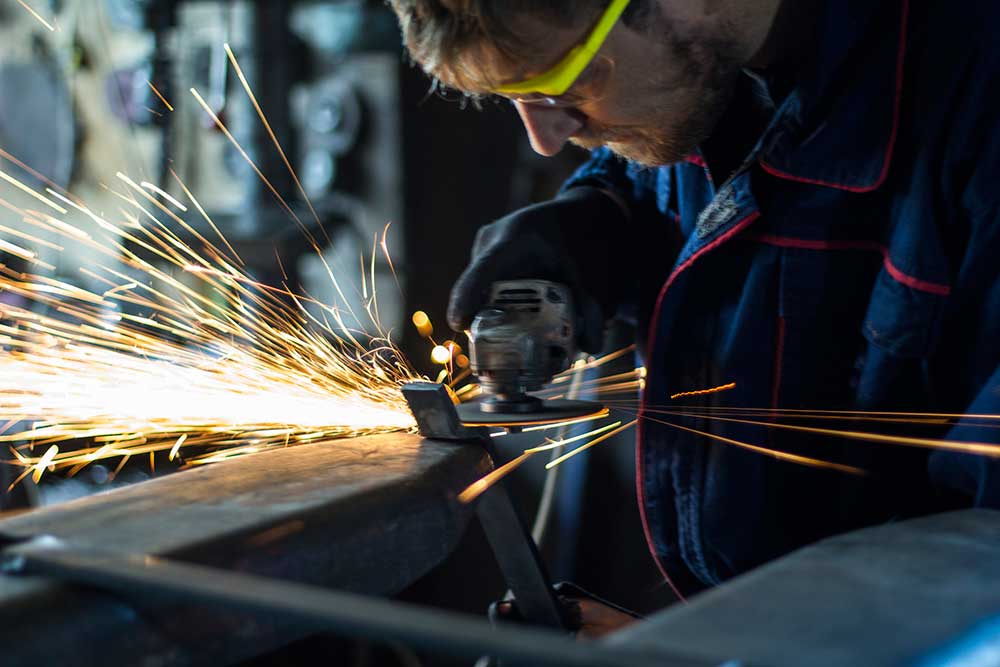
Structural Steelwork Fabricator
Careers Explorer:
Overview
The construction industry is crying out for skilled Structural Steelwork Fabricators.
Your work usually takes place within a steelwork factory or in designated area of a construction site location.
You’ll be able to produce fabricated structural components (steelwork that is cut, drilled and has welded or bolted attachments) to the highest standards in order to ensure that the finished products function correctly as they will usually be on display as part of the iconic structures.
This could be on national and local sport stadia, high rise tower blocks or bridges, and other structures include schools, colleges, hospitals and warehouses.
With demanding environments and a wide range of tools and equipment used, a Structural Steelwork Fabricator is a safety critical occupation.

Top 5 Tasks
- Cut, drill and weld steelwork
- Use the relevant tools and equipment that is required to complete a bolted connection or a tack welded
- Achieve a quality of work to meet international standards for dimensional inspection
- Create appropriate jigs to aid repetition work and complex shapes.
- Adhere to safety standards.
Salary
Newly trained steel fabricators can earn in the region of £23,000 and expect much more the more senior you become.
Salaries will depend on your employer, location and level of responsibility.
Am I Suited?
- Team player
- Hands-on
- Likes responsibility
- Practical
- Logical thinker
Qualifications
There are no formal requirements to enter training as a Steel Fabricator but it helps when looking for work to have GCSEs grades 9-4 (A*-C) or equivalent in subjects such as maths, English, science and technology. Employers often look for people with some on-site experience, so if you haven’t worked in construction before you could work as an assistant to start with. Then your employer might train you in steel erection.
Getting on to an apprenticeship scheme usually involves taking a selection test. As an apprentice, you study towards NVQ/SVQ Level 2 and 3.
Most construction and engineering firms now insist that site workers have a CSCS card or are part of a related scheme. The card is proof of your skills and competence. Getting a card means passing a health and safety assessment and having a relevant NVQ (or equivalent qualification).






